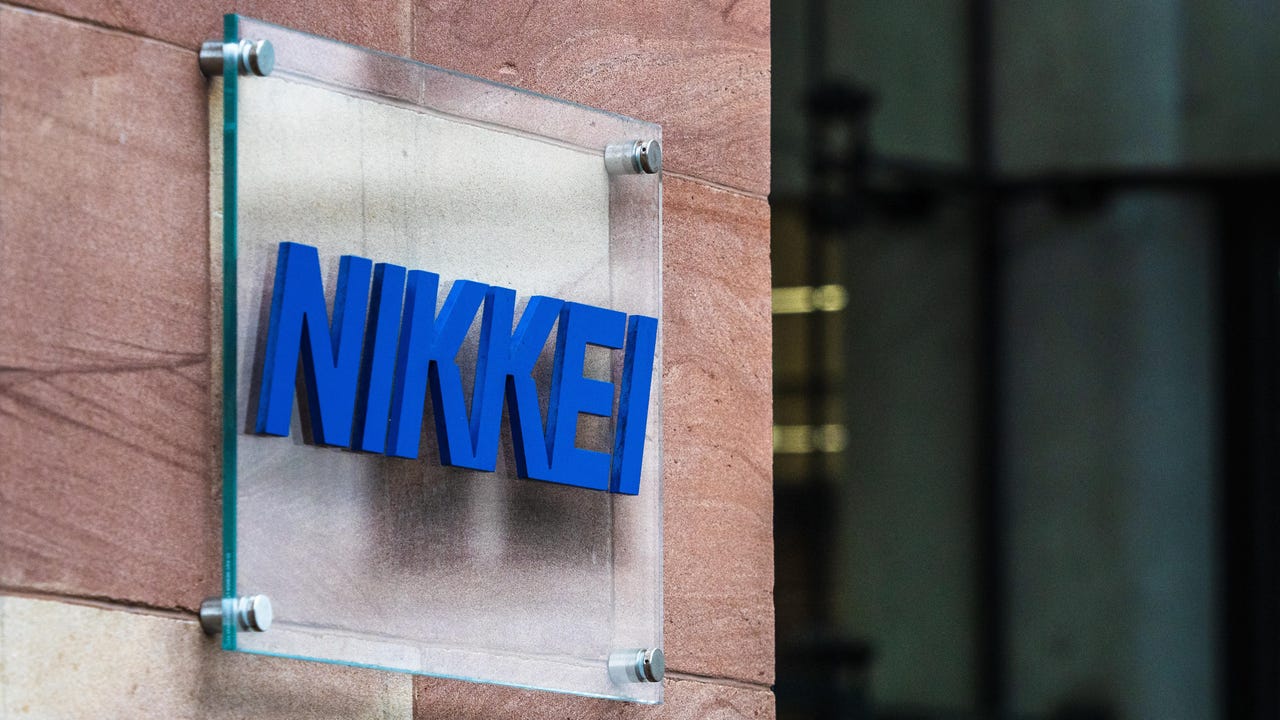
Emerging technologies are not just changing industries; they are transforming them at a rapid pace, presenting both incredible opportunities and significant risks. From AI-driven innovations to blockchain systems, these advancements demand scrutiny through audits to ensure they comply with regulations, remain secure, and align with ethical standards.
In today’s fast-paced world, auditing emerging technology is not just important; it’s a necessity for mitigating risks and ensuring accountability. This article will guide you through the importance of auditing new technologies, key areas to focus on, and best practices to adopt. Whether you’re an IT professional, auditor, or tech enthusiast, mastering this process is critical to staying ahead in our tech-driven future.
What Is Auditing in the Context of Emerging Technology?
Auditing, in the context of emerging technology, refers to the systematic evaluation of new technological systems, processes, and their implications. Unlike traditional IT audits, which often focus on existing infrastructure and compliance, audits for emerging technologies involve assessing innovative applications and their associated potential risks and benefits.
Key Points:
- Definition: Auditing emerging technology involves evaluating new systems for compliance, security, and ethical implications.
- Importance: As technology evolves, so do the risks associated with it, making audits crucial for organizations.
- Difference: Traditional IT audits focus on established systems, while emerging tech audits assess innovative solutions and their impacts.
Why Auditing Emerging Technology Is Essential
Auditing emerging technology is vital for several reasons:
- Regulatory Compliance: As regulations surrounding technology evolve, organizations must ensure that their innovations comply with local and global standards, such as GDPR for data protection. Auditing emerging technology plays a crucial role in this compliance.
- Cybersecurity Risks: New technologies often introduce unforeseen vulnerabilities. Regular audits play a proactive role in identifying and mitigating these risks before they lead to breaches, making them a crucial part of cybersecurity management.
- Ethical Considerations: With the rise of AI, concerns about bias and transparency are growing. Auditing ensures that ethical standards are met during the deployment of technology.
- Operational Continuity: Auditing enables organizations to assess the scalability and reliability of new technologies, ensuring they integrate seamlessly with existing systems.
Key Areas to Audit in Emerging Technology
When conducting audits on emerging technology, focus on the following areas:
- Data Privacy and Security: Assess how sensitive data is handled and ensure compliance with privacy laws, such as GDPR and CCPA.
- AI and Machine Learning Models: Evaluate algorithms for bias and fairness, and ensure they are explainable to stakeholders.
- Blockchain Systems: Audit smart contracts for vulnerabilities and verify data integrity across decentralized networks.
- IoT Devices: Review the security of devices and their ability to receive updates and patches.
- Cloud and Edge Computing: Evaluate data storage practices, access controls, and the shared responsibility model in cloud environments.
Challenges in Auditing Emerging Technology
While auditing is essential, it comes with its challenges:
- Complexity of New Systems: The rapid pace of technological advancement makes it difficult to keep up with emerging systems.
- Lack of Established Frameworks: Auditing new technologies often lacks universally accepted standards, resulting in inconsistent assessments.
- Resource Constraints: Many organizations struggle with limited time, expertise, and tools necessary for thorough audits.
- Interdisciplinary Knowledge Requirements: Effective audits require a blend of knowledge in technology, law, ethics, and business practices.
Best Practices for Auditing Emerging Technology
To conduct effective audits, consider these best practices:
- Develop Clear Audit Objectives: Focus on compliance, efficiency, and risk mitigation to guide your audit process.
- Adopt Risk-Based Auditing Approaches: Prioritize high-risk areas, such as data security and AI decision-making, for thorough assessments.
- Leverage Specialized Tools: Utilize advanced auditing software tailored for AI, blockchain, IoT, and other emerging technologies.
- Engage Cross-Disciplinary Experts: Collaborate with professionals from diverse backgrounds, including legal, ethical, and technical fields, to enrich your audit process.
- Continuous Monitoring and Reporting: Implement real-time monitoring systems to identify and address issues promptly.
Tools and Frameworks for Auditing Emerging Technology
Several tools and frameworks can assist in auditing emerging technology, including:
- NIST Cybersecurity Framework: A comprehensive approach to managing cybersecurity risks.
- AI Auditing Standards (ISO/IEC 23894): Guidelines for evaluating AI systems.
- COBIT for IT Governance: A framework for aligning IT goals with business objectives.
Customizing these tools to fit specific emerging technology applications will enhance the effectiveness of your audits.
The Future of Technology Audits
Looking ahead, the landscape of technology audits will continue to evolve:
- AI-Powered Auditing Tools: AI will revolutionize the auditing process by providing enhanced data analysis and pattern recognition.
- Increased Regulation: Expect stricter global standards around emerging technologies to ensure compliance and accountability.
- Ethical Audits: The focus will shift towards understanding the social impact of technology and ensuring ethical practices are upheld.
- Auditing Autonomous Systems: New challenges will arise as self-learning systems, such as autonomous vehicles, become increasingly prevalent in society.
Conclusion
Auditing emerging technology is a critical process in this fast-paced, innovation-driven world. By focusing on compliance, cybersecurity, and ethical considerations, organizations can mitigate risks while leveraging the full potential of new advancements. As technology evolves, so must our auditing practices. By adopting best practices, utilizing specialized tools, and staying informed about future trends, we can ensure that emerging technologies are not only practical but also secure, fair, and compliant with global standards.
Ready to future-proof your tech audits? Begin by evaluating your current auditing frameworks and incorporating the strategies outlined in this guide.
The post Auditing Emerging Technology: Best Practices and Key Considerations appeared first on .


